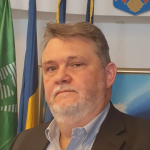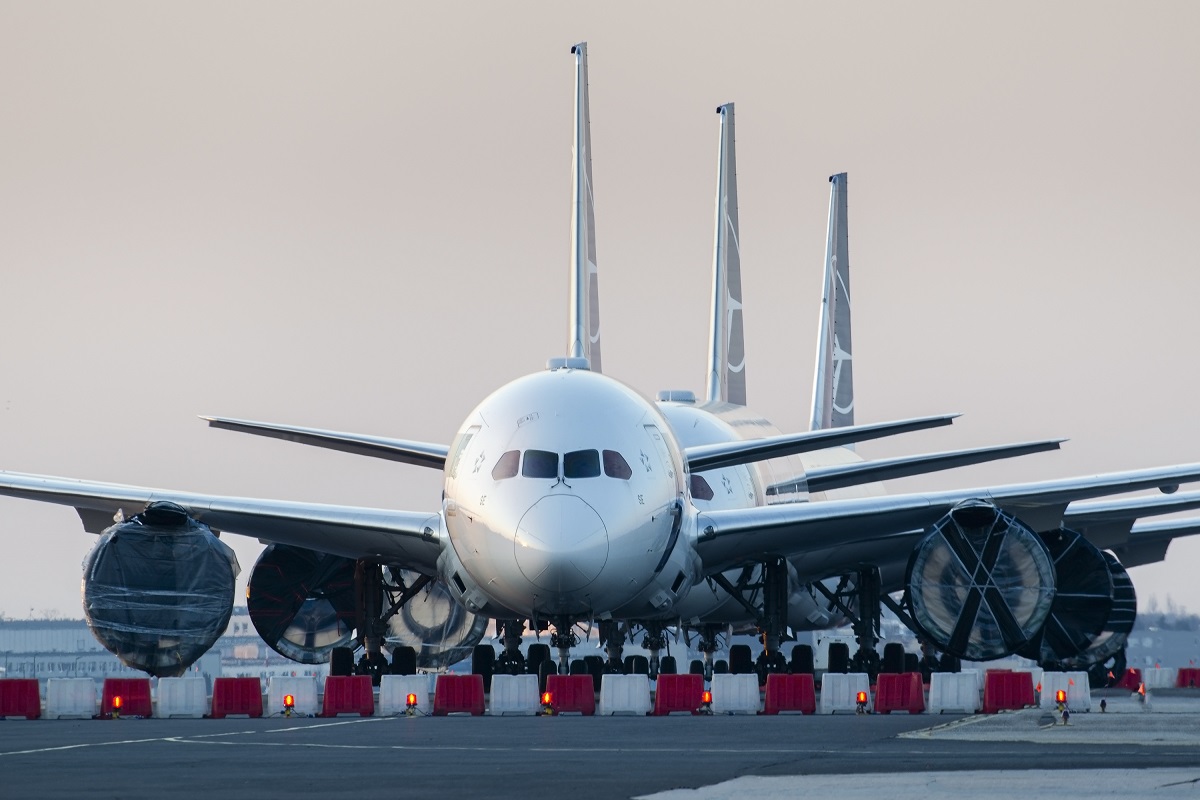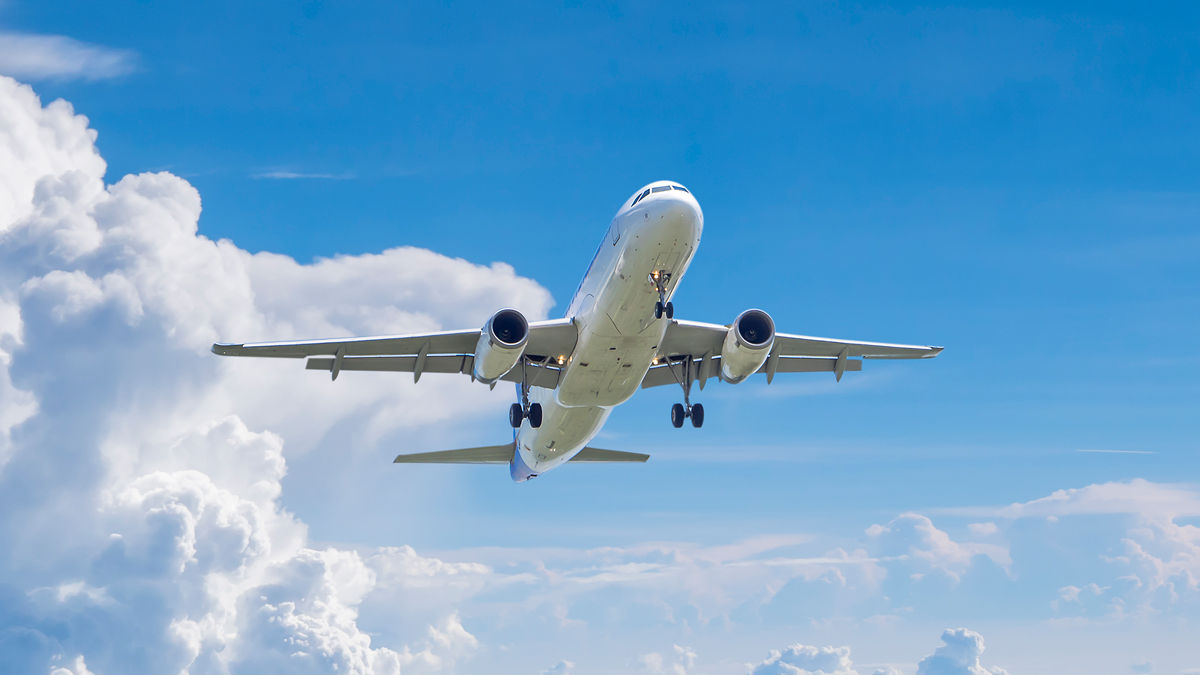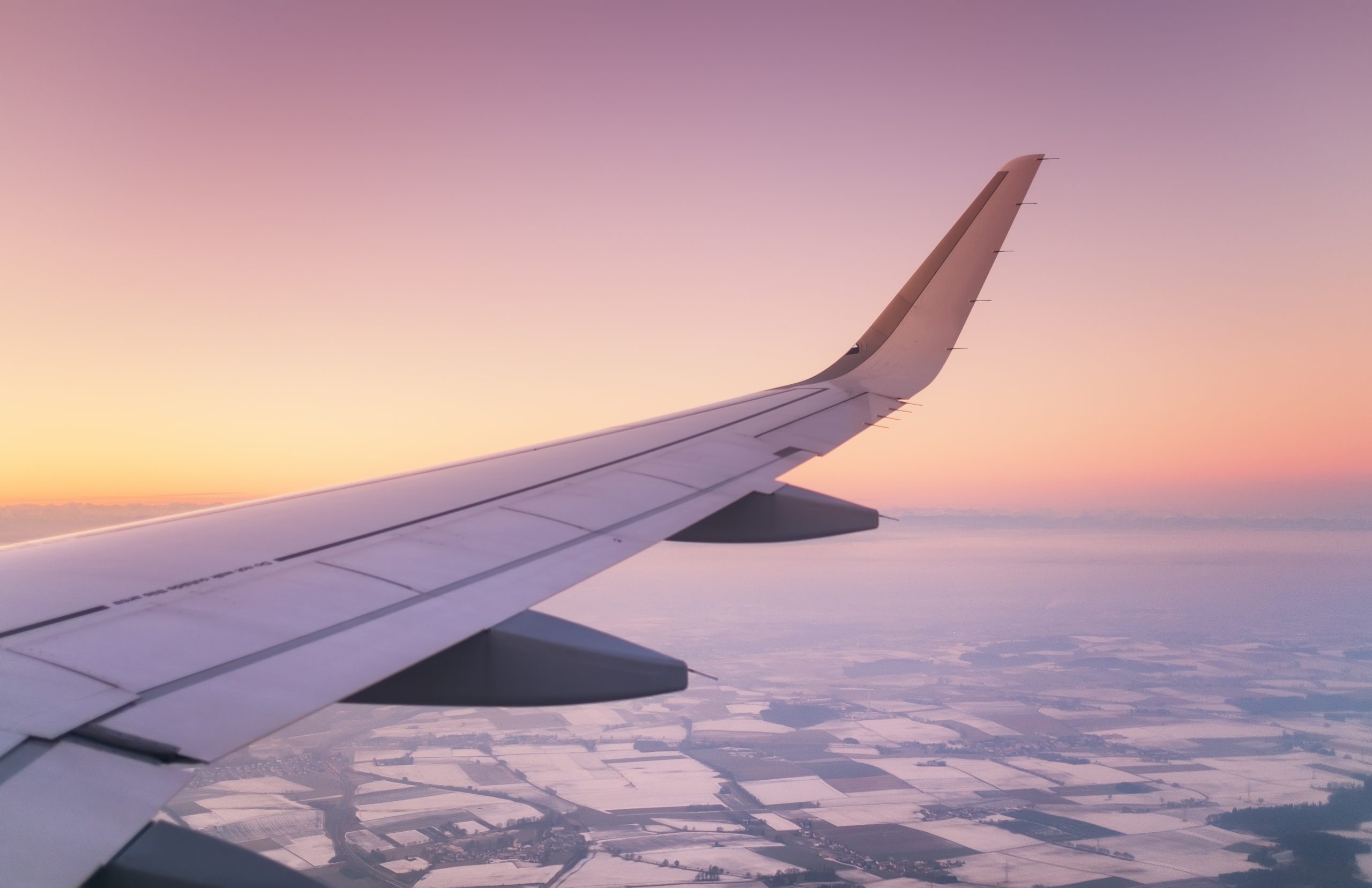Working together in Romania to overcome this crisis
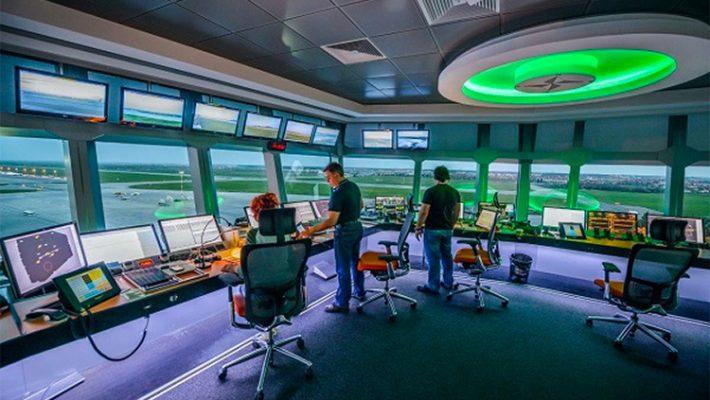
ROMATSA General Director, Valentin Cimpuieru, looks at how the Romanian ANSP has coped with the impact of COVID-19 and how it is preparing for the recovery.
By now, we have all grown accustomed to the impact of COVID-19: it has changed our lives, our habits, our working spaces and our businesses.
If previous summers for ROMATSA were about coping with increased demand, this summer has been more about survival, and although air traffic is starting to grow again from its lowest points in April and May, we are still struggling with an uncertain future.
Demand and revenue
For ROMATSA, like all air navigation service providers (ANSPs), these past months have been a balancing act between the need to guarantee operational continuity despite fluctuating demand, and the reality of no cash revenue and shrinking funds, as illustrated below.
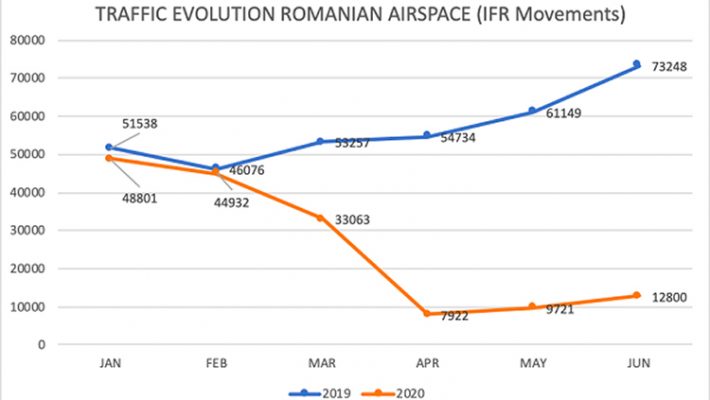
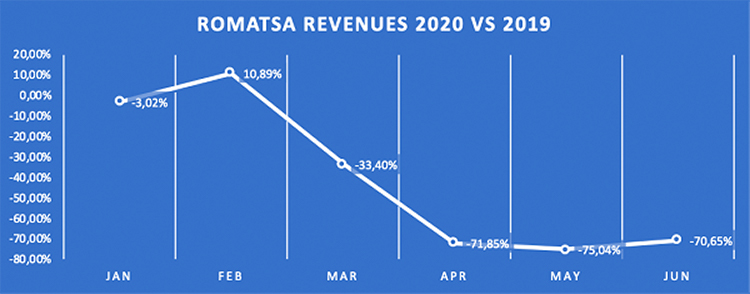
Safe and continuous ATM operations
ATM and aviation in general are known for clear and detailed procedures, and this has also been key for us during this challenging period. ROMATSA implemented swift measures to prevent the spread of the virus among its employees, while at the same time providing services for repatriation, emergency and transport of vital supplies.
Together with our unions and staff organisations, we agreed on measures such as separate access flow for operational and administrative personnel, mandatory face masks and temperature control at access points. We have also provided masks, gloves and disinfectant to employees, and the ACC building is disinfected weekly. All these measures have helped us to continue our activities unhindered and be ready at any point for increased air traffic.
Technological improvements
As well as ensuring the continuous provision of air traffic services, we have adapted other aspects of our activity to the new reality. We have used this period to conduct remote test activities for upgrades to our new ATM system, conducting online training for ab-initio trainees and virtual factory acceptance tests for Distance Measuring Equipment (DME) systems.
We also managed to progress our plan for implementing controller-pilot datalink communications, which became operational in FIR Bucharest above flight level 245 from 17 July 2020.
Financial survival
The hardest aspect has been however to carry out all of the above-mentioned measures with limited financial resources. We were forced to cut costs while at the same time not impair our medium- and long-term capabilities to provide the required capacity. Some investments have been postponed, travelling is suspended for an undefined period, hiring of ATCOs has been put on hold, and other non-essential expenditure has been cut.
Despite this, liquidity has continued to be challenging given we have not had any revenues for en-route navigation services since March. Alongside other ANSPs, we secured a bridge loan to cover deferred charges from airspace users covering February to May. And in the medium term, we are involved in ongoing discussions with our government and financial institutions to access a credit line to provide the necessary cash-flow over the coming months. Solvency remains a key concern therefore, both now and in the future.
We are all in this together
This crisis affects us all personally and professionally. Aviation will not look the same as it was for a long time, and this applies to airlines, airports and ANSPs alike.
ROMATSA has made huge efforts to survive this crisis and provide a full service. At European level, it is time for all of us to work on a comprehensive plan for the aviation sector that takes into consideration all stakeholders. We call for EU regulation to be adapted to the crisis situation and for a financial support package with fair and balanced conditions Europe-wide.
